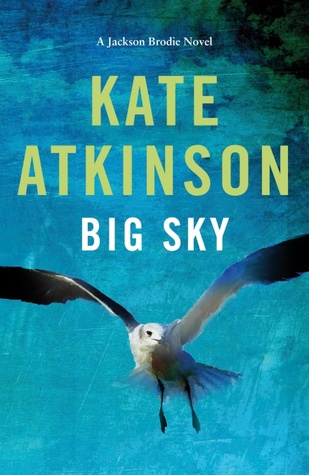Book Review (ARC): Layover by David Bell

I am honestly shocked that this was described as a high concept thrillerin the blurb. It’s not even close to high concept. It’s not even thrilling, for that matter.
Perhaps I’m smoking something different than the rest, but I found this book to be amateurish and annoying.
The hero – for one – is a complete dumb bunny. He has absolutely no drive or ambition, just takes handouts from his father and whines about having to work in commercial real estate development (he’s so deep – he needs a job with meaning). At a time when most people his age are struggling to find work, the guy is rolling in cash and living in the beautiful city of Chicago, with a perfectly nice girlfriend and a supportive Dad. I mean, c’mon guy, you’re SET FOR LIFE. I understand wanting to find some sort of value in what you do, but perhaps count your blessings and look for that value outside of work? Volunteer? Read a book? Learn to bake? Take a fucking walk? Anything.
So he’s on one of his boring work trips, forced to fly across country to make yet another million, when he meets a “mysterious” woman named Morgan in an airport bar. I put mysterious in quotation marks because she’s wearing sunglasses indoors, so this dumb shit thinks that means she’s an International spy or something. They have multiple drinks (it’s like 9am at this point) and they get into some faux-deep philosophy about their lives and choices. Morgan has absolutely nothing of interest to say, but she’s thin and pretty and seems frightened, which produces a boner in him that just won’t quit. Seriously, the thing is made of titanium. Because when she tells him she never wants to see him again and gets on a plane, what does he do?
HE FOLLOWS HER.
When she tells him she never wants to see him again, AGAIN, what does he do?
HE CONTINUES TO FOLLOW HER.
When she leaves him high and dry in a hotel room, what does he do?
I’ll give you a guess but do you even need one?
All this is wrapped around a “mystery” that is so exhaustively boring it defies description. Clearly Ms. Indoor Sunglasses is on the run from something, but it never materializes into anything shocking or creepy. There’s also a female cop, who provides a modicum of relief from Joshua’s reeking sense of male entitlement but she’s also one-note and concerned either with her upcoming promotion or the lack of time she spends with her teenage daughter. Nice!
I don’t even remember the ending and I read it like 2 days ago. So. That’s about it?
Oh wait, one last note to Joshua. When a woman tells you “no”, believe her. Do not follow her onto a plane and then act put-out when she’s not thrilled to see your unwelcome ass. You’re not a nice guy, you’re gross, and it’s time you knew it. Thank you for coming to my TED Talk.
Thank you to NetGalley for the ARC in exchange for an honest and unbiased review. As you can tell, I took that literally and will continue to do so! It’s always nice to have the the chance to read books, even if they don’t turn out to be ones I enjoy. Long live authors!








